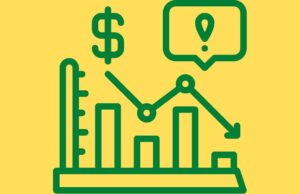Tag: aggregate
Keynesian Economics
DefinitionKeynesian economics are the various macroeconomic theories about how in the short run – and especially during recessions – economic output is strongly influenced...
Idiosyncratic Risk
What is 'Idiosyncratic Risk'
Idiosyncratic risk, also referred to as unsystematic risk, is the risk that is endemic to a particular asset such as a...
National Income Accounting
What is National Income Accounting
National income accounting is used to track a country's economic activity and growth. It measures the total value of all...
Rational Expectations Theory
DefinitionIn economics, "rational expectations" are model-consistent expectations, in that agents inside the model are assumed to "know the model" and on average take the...
Called Away
What is 'Called Away' A term used to describe the elimination of a contract due to the obligation of delivery. This occurs...
Partial Redemption
What is 'Partial Redemption' An investment-transaction classification that refers to the withdrawal of a portion of a security's value by the owner....
Pareto Improvement
What is Pareto Improvement
Pareto Improvement is defined as a change to a situation which results in one person becoming better off without anyone else...
Paradox Of Thrift
DefinitionThe paradox of thrift is a paradox of economics. The paradox states that an increase in autonomous saving leads to a decrease in aggregate...
Quantity Supplied
What is 'Quantity Supplied' In economics, quantity supplied describes the amount of goods or services that are supplied at a given market...
Qualified Institutional Buyer (QIB)
What is a 'Qualified Institutional Buyer - QIB' A qualified institutional buyer (QIB) is a corporation that is deemed to be an...



































